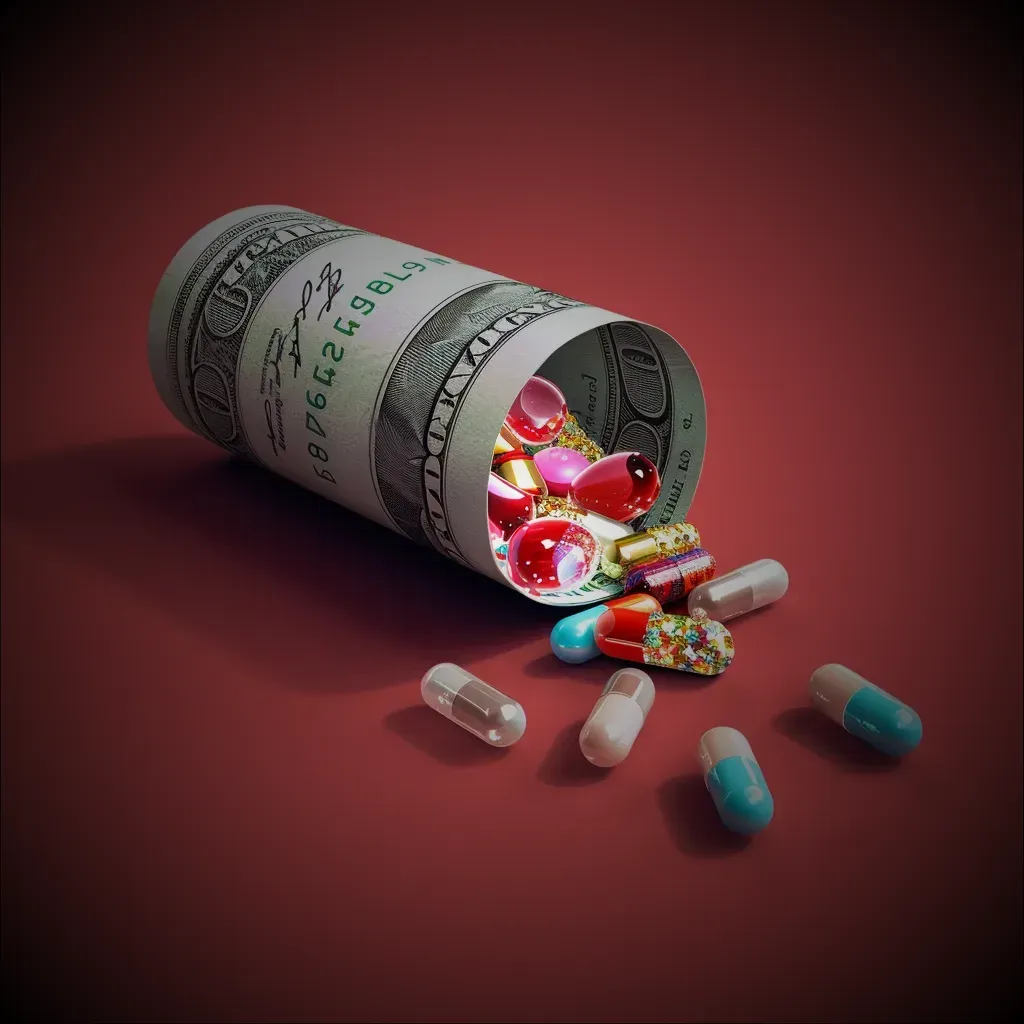

Learn practical sleep hygiene tips for better health and well-being.
Sleep is a fundamental human need, essential for maintaining health and well-being. However, the pursuit of better sleep often leads individuals to adopt habits that are counterproductive. This article, based on a video with Matthew Walker, a sleep expert, delves into the effects of alcohol and marijuana on sleep, the fallacy of "sleep debt," and offers evidence-based guidance on sleep hygiene practices.
Alcohol is widely used as a sedative, with many individuals consuming it before bed to facilitate sleep onset. Contrary to popular belief, alcohol does not improve sleep quality. Instead, it induces a state of sedation that is distinct from natural sleep. Research indicates that alcohol consumption before bedtime results in fragmented sleep and increased awakenings throughout the night. Despite the lack of recollection of these disturbances, the negative impact on sleep quality is significant. Moreover, alcohol has been shown to suppress REM sleep, which is vital for emotional and mental health. The suppression of REM sleep can lead to a host of negative consequences, as exemplified by studies from the 1980s that demonstrated the critical nature of REM sleep, pointing out that rats deprived of this sleep phase perish almost as quickly as if they were starved.
Similar to alcohol, marijuana is often used as a sleep aid to reduce anxiety and expedite sleep onset. However, it too negatively impacts REM sleep, albeit through different biological mechanisms. The resultant REM sleep deprivation can exacerbate anxiety and depression, potentially leading to a cycle of increased marijuana use to mitigate these very symptoms. Studies on CBD oil, the non-psychoactive component of marijuana, suggest that it may not significantly affect sleep, but more research is needed to draw definitive conclusions.
The concept of "sleep debt" suggests that lost sleep can be compensated for at a later time. However, scientific evidence contradicts this belief. Experiments show that individuals who miss a night's sleep do not fully recover the lost hours, even when given the opportunity for extended recovery sleep. This demonstrates that sleep cannot be banked like a currency to be repaid at will.

A study examining the mortality risk associated with sleep duration found a 65% higher likelihood of death among those who slept only 5 hours per night. While catching up on sleep during weekends can mitigate some of the mortality risk, inconsistent sleep patterns, termed "social jet lag" or "sleep bulimia," are linked to negative health outcomes, including diabetes, obesity, and cardiovascular issues. Consistent sleep of 7 to 9 hours per night is the recommended practice for maintaining health.
Maintaining a regular sleep-wake schedule is crucial for good sleep hygiene. Setting a "to bed alarm" can serve as a reminder to prepare for sleep, aiding in establishing a consistent routine. While alarms can help regulate waking times, the use of a snooze button is discouraged. Research indicates that the cardiovascular response to an alarm is a stressor, and repeatedly hitting the snooze button amplifies this stress. It is advisable to use an alarm once and then rise for the day to minimize cardiovascular strain.
In conclusion, substances like alcohol and marijuana, often misconceived as sleep aids, are detrimental to sleep quality and do not offer the restorative benefits of natural sleep. Embracing regular sleep patterns and avoiding the myth of sleep debt are essential for optimal health. Furthermore, adopting proper sleep hygiene, including a consistent sleep schedule and cautious alarm use, are recommended for a healthier life and a reduced risk of disease.